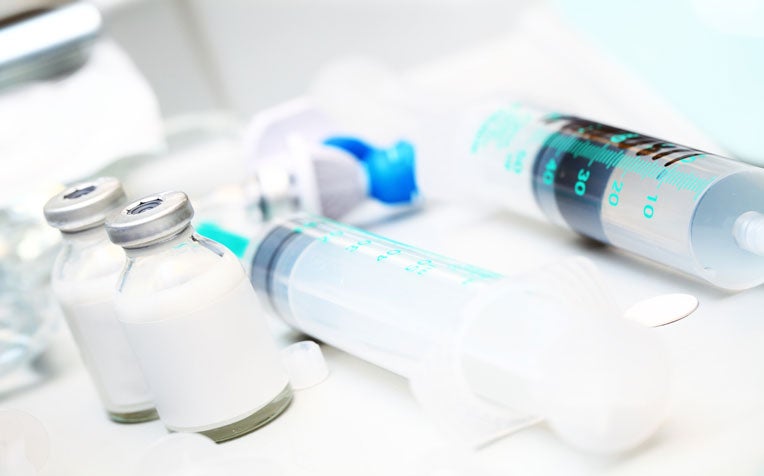HealthXchange will NEVER ask you to transfer money over a call. If in doubt, call the 24/7 ScamShield helpline at 1799, or visit the ScamShield website at www.scamshield.gov.sg.

Risk of complications caused by general anaesthesia can be reduced with these tips.
Smoking and loose teeth can increase the risk of complications from general anaesthesia.
Dr Leong Kwok Wah, Consultant, Department of Anaesthesiology, Singapore General Hospital (SGH), a member of the SingHealth group, offers the following tips to help you reduce the risk of complications from general anaesthesia.
1. Check your family history
Check whether anyone in your family has ever had a strong adverse reaction to anaesthesia during a surgery. Should that be the case, inform your doctor.
2. Observe a strict fast
Strictly follow the doctor's instructions not to eat or drink anything six to eight hours before the surgery (except certain medications with sips of water as advised by the doctor). This is to prevent any remaining food or fluid in the stomach from being regurgitated into the lungs, resulting in a condition called aspiration pneumonia and affecting oxygen transfer in the lungs.
3. Go for a dental checkup
Have your teeth checked for any loose or unhealthy teeth. They may need to be extracted as they may be dislodged during the insertion of the breathing tube through the oral cavity into the windpipe during general anaesthesia.
4. Stop smoking
If you smoke, stop smoking for several weeks before the operation to reduce the risk of complications such as lung and chest infections.
5. Shed some weight
Obesity puts you at higher risk of serious airway complications during general anaesthesia.
Additionally, if you are having, or have just recovered from an active upper respiratory tract infection or flu, you will have a tenfold increased risk of lung complications if you undergo general anaesthesia. “Non-urgent surgeries should be postponed to at least two weeks after the resolution of flu symptoms to minimise the risk of lung complications,” advises Dr Leong.
Ref: S13
Contributed by
Related Articles
Public Events
Get the Health Buddy App
© 2025 SingHealth Group. All Rights Reserved.


















 Get it on Google Play
Get it on Google Play